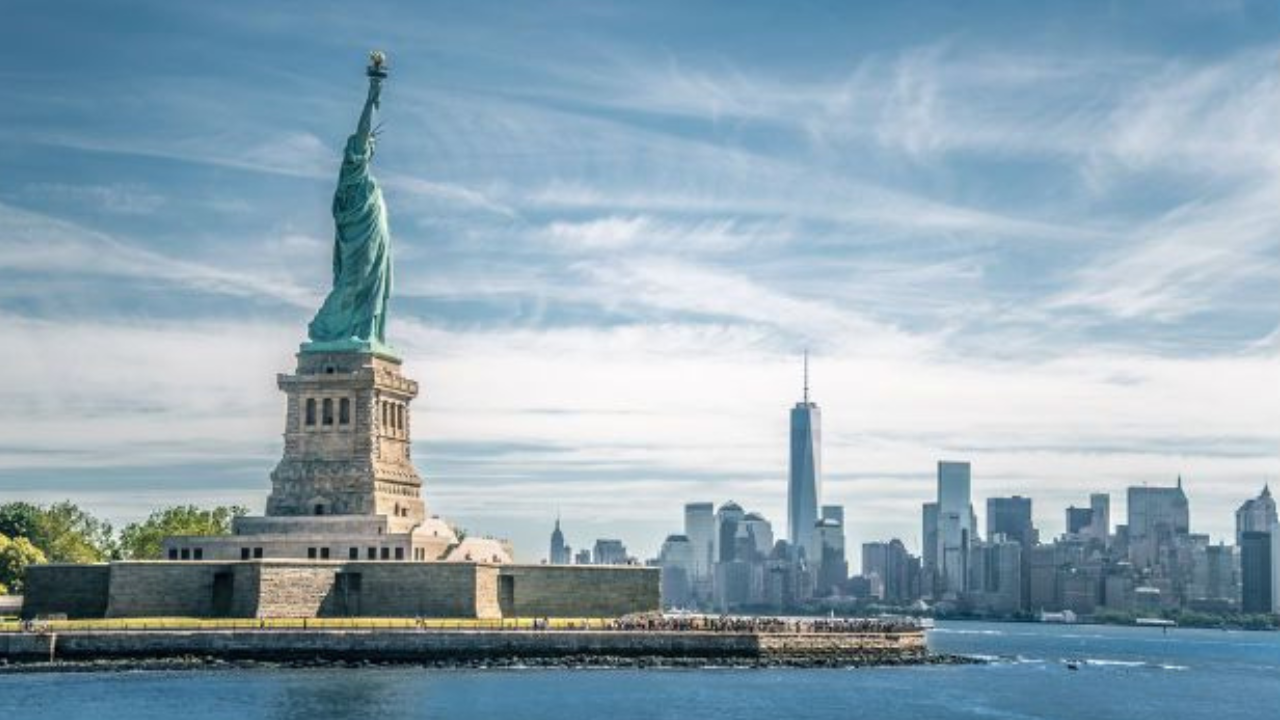The US Supreme Court, has recently refused to review a favourable decision of a lower court, which had upheld the H-4 Employment Authorisation Documentation (EAD) rule. This means that the EAD rule continues to stay and the Damocles sword no longer hangs on the heads of spouses of H-1B workers, a significant number of whom are Indians.
It is estimated that nearly a lakh Indian spouses (largely women) hold an EAD, which enables them to work or be self-employed.Official statistics date back to December 2017, according to which 84,360 Indian spouses held an EAD (this was 93% of the total EADs issued).
This rule was introduced by the Obama administration in 2015 to mitigate the problems faced by certain sections of immigrants (such as the Indian diaspora) who faced backlogs running into several decades to obtain an employment based green card.
Under the EAD rule, in those cases where the H-1B visa recipient is on track for a green card, or has got an extension beyond the permitted six years, the spouse holding an H-4 visa can apply for employment authorisation.
According to a recent study by the Cato Institute, 10.7 lakh Indians are caught up in the employment green-card backlog (EB-2 and EB-3 categories), which will take 134 years to process. If factors such as death and ageing out are considered (which will lead to these individuals dropping from the backlog statistics) the wait for a green card is 54 years, which itself is quite significant.
The lawsuit challenging the EAD rule was filed way back in 2015 by an advocacy group of tech workers (Save Jobs USA), who lost their jobs to H-1B visa holders. Save Jobs USA had claimed that the Department of Homeland Security wasn’t legally permitted to put the rule in place. Further, it contended that the right given to spouses to work, took away American jobs and also made the H-1B program more attractive. Several US tech giants had jointly filed an amicus brief in May 2021, to support the right of spouses of H-1B visa holders to work.
The legal battle saw several twists and turns. Finally, as reported earlier by TOI in its edition of March 30, the District Court of Columbia had upheld the H-4 EAD rule.
It is estimated that nearly a lakh Indian spouses (largely women) hold an EAD, which enables them to work or be self-employed.Official statistics date back to December 2017, according to which 84,360 Indian spouses held an EAD (this was 93% of the total EADs issued).
This rule was introduced by the Obama administration in 2015 to mitigate the problems faced by certain sections of immigrants (such as the Indian diaspora) who faced backlogs running into several decades to obtain an employment based green card.
Under the EAD rule, in those cases where the H-1B visa recipient is on track for a green card, or has got an extension beyond the permitted six years, the spouse holding an H-4 visa can apply for employment authorisation.
According to a recent study by the Cato Institute, 10.7 lakh Indians are caught up in the employment green-card backlog (EB-2 and EB-3 categories), which will take 134 years to process. If factors such as death and ageing out are considered (which will lead to these individuals dropping from the backlog statistics) the wait for a green card is 54 years, which itself is quite significant.
The lawsuit challenging the EAD rule was filed way back in 2015 by an advocacy group of tech workers (Save Jobs USA), who lost their jobs to H-1B visa holders. Save Jobs USA had claimed that the Department of Homeland Security wasn’t legally permitted to put the rule in place. Further, it contended that the right given to spouses to work, took away American jobs and also made the H-1B program more attractive. Several US tech giants had jointly filed an amicus brief in May 2021, to support the right of spouses of H-1B visa holders to work.
The legal battle saw several twists and turns. Finally, as reported earlier by TOI in its edition of March 30, the District Court of Columbia had upheld the H-4 EAD rule.
With the US Supreme Court refusing to revive this lawsuit, which alleged that EAD policy was implemented without Congress’ authorisation, the Indian diaspora can breathe a huge sigh of relief.
